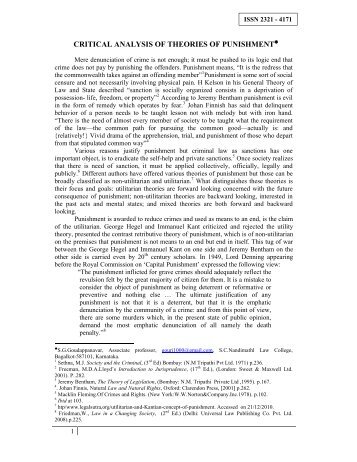 Although there are different versions of natural legislation theory, all subscribe to the thesis that there are at the least some legal guidelines that rely for his or her “authority” not on some pre-present human conference, but on the logical relationship wherein they stand to moral requirements.
Although there are different versions of natural legislation theory, all subscribe to the thesis that there are at the least some legal guidelines that rely for his or her “authority” not on some pre-present human conference, but on the logical relationship wherein they stand to moral requirements.
Of special curiosity to the general reader and specialist in worldwide affairs might be Tunkin’s extensive discussion of the interaction amongst international law, foreign coverage, and diplomacy; of the authorized nature of international organizations; of the principal elements at work in worldwide politics; and of the nature of authorized ties amongst socialist countries.
12 Thus, when a jurist (authorized scientist) states that the legislation of a certain nation contains the norm ‘theft is to be punished with imprisonment’, this legal proposition just isn’t a comment on whether anybody in that nation has a moral or different further-authorized obligation to impose, settle for or evade such a penalty.
The fundamental norm, he says, is an accepted custom, or in Kelsen’s full wording, “when the custom through which the constitution has come into existence or the structure-creating act consciously performed by certain human beings, is objectively interpreted as a norm-creating reality.” then a primary norm exists.

